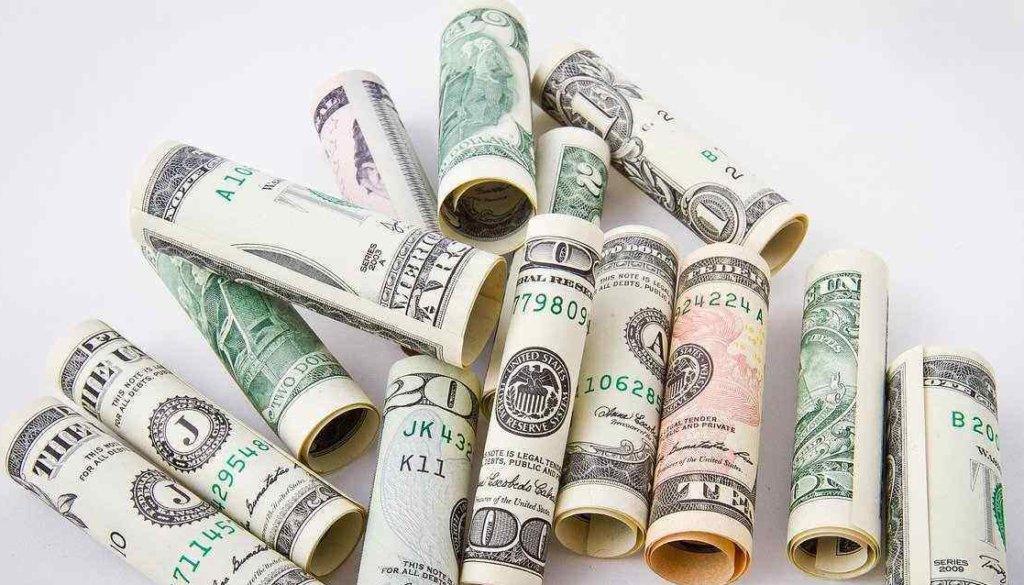Indian-American businessman Nikesh “Nik” Patel, who was charged with loan fraud of $179 million, was sentenced to 25 years in prison on March 6. U.S. District Judge Charles Kocoras, who sentenced Patel, called him a “diabolical genius” for pulling off a fraud of this scale.
Kocoras said in Chicago that this was the biggest fraud he had seen during his nearly four-decade career, the Chicago Tribune reported. “There’s a certain diabolical genius to what he did here,” Kocoras said.
Apart from the $179 million fraud, Patel was accused of hatching another loan fraud, of $19 million, while he was out on bond. He was initially arrested in September 2014 for a fraud that he committed from 2010 to 2014. He pleaded guilty in December 2016 and posted bail claiming that he would help victims recover their money.
Patel latest arrest was on Jan. 6, 2018 at the Gateway Kissimmee Airport. He was planning to escape to Ecuador, where he sought political asylum, and had planned to buy one of the world’s rarest diamonds for $35 million in “dirty” money.
“It’s a little insulting,” Kocoras said. “His (U.S.) citizenship was the gift of his birth, yet he’s so quick to throw it away because he doesn’t want to face the piper.”
According to the Orlando Sentinel, the prosecutors said in pre-sentencing filings with the court: “While on bond and awaiting sentence in this case, defendant devised a scheme to obtain fraudulent loans totaling approximately $19 million by impersonating an employee of Banco do [Brasil] and taking the identity of a legitimate financial institution.”
Patel had previously admitted in 2016 that his company, Florida-based First Farmers Financial LLC, sold 26 fake loans to Milwaukee investment firm Pennant Management, which was forced to close, for $179 million and spent the money on real estate investments and an extravagant lifestyle.
Pennant Management’s customers included Illinois Metropolitan Investment Fund, which lost $50.4 million. The Fund included money from 100 municipalities, 27 police and fire pension funds, 18 public school districts, 15 public libraries, 15 park districts, three community colleges and an airport authority. The University of Wisconsin Credit Union lost $52.9 million but didn’t close while Harvard Savings Bank closed after a loss of $18 million, according to the Orlando Sentinel.
Patel had said that the U.S. Department of Agriculture guaranteed the loans, but the 26 loans did not have any actual borrower, no pre-existing loan and no government guarantee.
